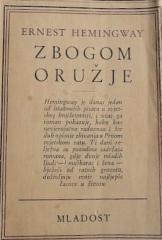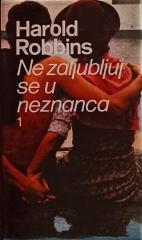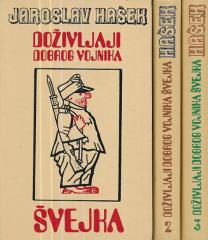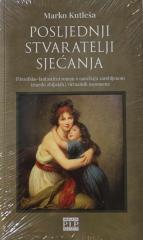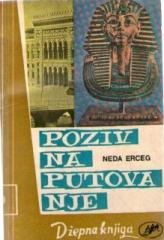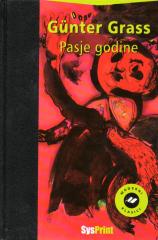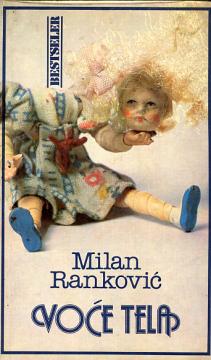
Voće tela
"Fruits of the Body" (1983) is a novel by Milan Ranković that explores physicality as a source of pleasure, suffering and social interaction in the context of Yugoslav socialism. The novel remains an under-read gem of Yugoslav prose in the 1980s.
The main character, a middle-aged intellectual and aesthetician like the author himself, leads us through an introspective search for the meaning of physical existence. Through a series of fragments and monologues, Ranković examines the "fruits of the body" – metaphorically the fruits of bodily experiences: love affairs, parenthood, illness and artistic inspiration.
The plot, structured in a labyrinth, moves between Belgrade and Zagreb, where the protagonist encounters former lovers, colleagues and anonymous encounters that reveal the contrasts between the idealized aesthetics of the body in art and the harsh reality of everyday life. In one key segment, the character is confronted by a young artist who accuses him of compromising with the body in favor of ideology, triggering a deep self-reflection on sexuality as resistance to the system.
The novel emphasizes Ranković's background as an art theorist – influences from Kafka to Barthes – criticizing the repression of the body under socialism and celebrating its sensuality. The style is fragmentary, poetic, full of allegories (the body as a garden, the fruit as sin and reward), with doses of humor and irony towards bureaucratic Yugoslavia. As part of Ranković's late phase, the work connects his earlier essays on aesthetics with fiction, leaving the reader with the question: is the body the fruit or the burden of freedom?
Two copies are available
